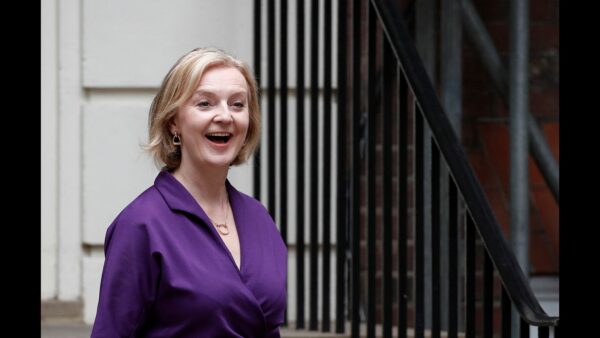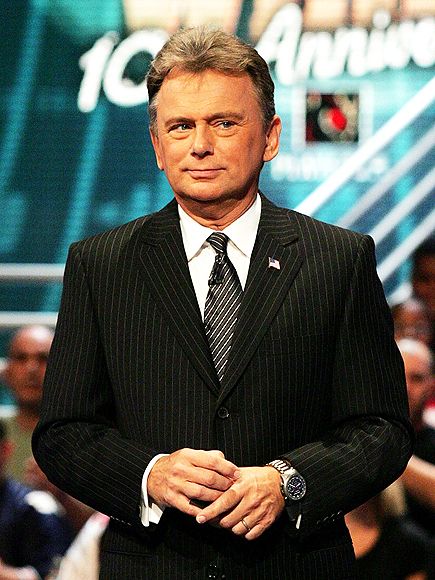
Liz Truss is confirmed as PM Boris Johnson’s successor. What it means for India
The conclusion of the Comprehensive Free Trade Agreement (FTA) with India will be one of the priorities in the field of foreign policy for Liz Truss, who will become the next British Prime Minister after being elected as the leader of the conservative party. Policy makers in New Delhi will also continue to oversee the attitude adopted by Truss in the Ukraine crisis, given that Prime Minister Boris Johnson who came out was one of the strongest supporters of Ukraine President Volodymyr Zelenskyy, and whether the new British government had just pushed forward with the slope to the slope Indo-Pacific direction.
India and Britain are on the track to conclude negotiations for comprehensive FTA by Diwali, and both parties have completed 19 of 26 chapters. Except for two chapters, the other five are problems that can be handled in one day session, two senior officials who know the development said.
The Indian negotiation team is expected to visit London immediately, but the trip can be postponed a week or 10 days for the new British government to complete, said people. Both sides are confident to meet the deadline for Diwali, which is the last week of October, said officials, asking for anonymity.
People who are familiar with this problem say even if both parties cannot solve all problems by Diwali, they want to conclude the earliest trade agreement. The British side also said that it was not interested in signing a temporary trading pact, said people.
Speaking of various FTAs that are being negotiated by India, BVR Trade Secretary Subrahmanyam said on Saturday: “FTA Britain is very much on the path … Our fingers touch … the deadline when the Diwali will not be missed. Mark my words. “
One of the two officials mentioned above said that of the remaining seven chapters, two could take more time to be handled because it contained one or two interesting items for both sides, such as cars on the Indian side, the focus had actively ensured a better agreement for Mobility of professionals and students, and increase exports in labor-intensive sectors such as leather, textiles, jewelry, processed agricultural products, marine products, medicines and health care.
One priority for the British is to cut significant obstacles faced by British business in exporting to India. Greater access to the Indian market, mainly because Indian middle class grows to a quarter of a billion consumers, will be seen as a big encouragement for British companies. The United Kingdom also saw tariff deductions for whiskey and cars and greater access to digital and legal services.
India and Britain ended the fifth round of the conversation for FTA on July 29. Experts from both parties held a discussion of detailed draft agreement text in 85 sessions which included 15 policy fields. Officials continue to work throughout the summer to the target to conclude most of the conversation about comprehensive FTA at the end of October, a joint statement said. After leaving Britain from the European Union (EU), Britain had wanted to conclude a rapid trade agreement with a large economy like India. Britain has concluded an agreement with 69 countries and one with the EU. India has completed a rapid trade agreement this year with Australia and the United Arab Emirates and is in talks with the European Union, Canada and other countries.
While the British team has expressed understanding of India’s position about the Ukraine conflict, New Delhi will watch to see whether Truss continues Johnson’s policy of strong support for Ukraine, including training in Ukraine forces and sophisticated weapons and ammunition supplies. In recent weeks, the Royal Air Force has operated flights with heavy lifting aircraft to transport artillery ammunition from Pakistan to Romania, from which he was transferred to Ukraine. The Boris Johnson government also supports the slope towards Indo-Pacific as part of a strategic review of foreign policies and security. During a visit to India in April, Johnson said both parties had approved the expanded defense and security partnership and that the British would form India’s special open export licensing regimes to reduce the delivery time for defense procurement.



